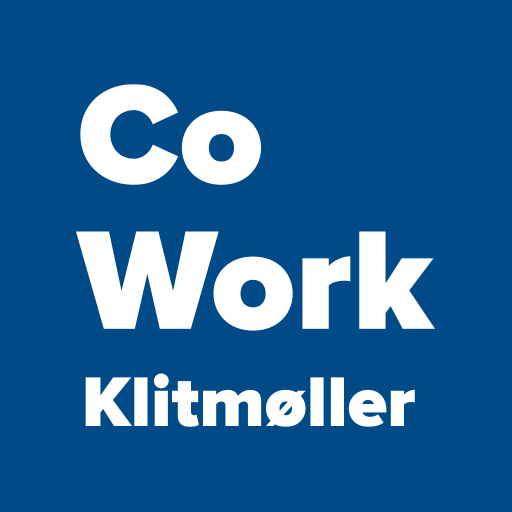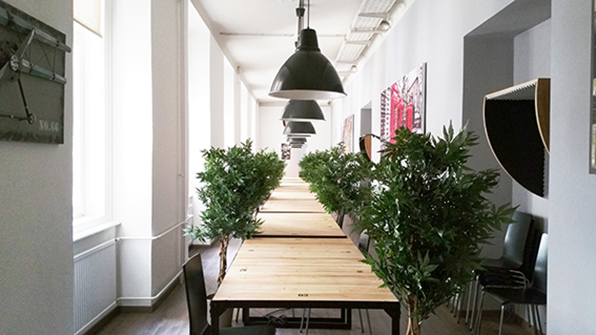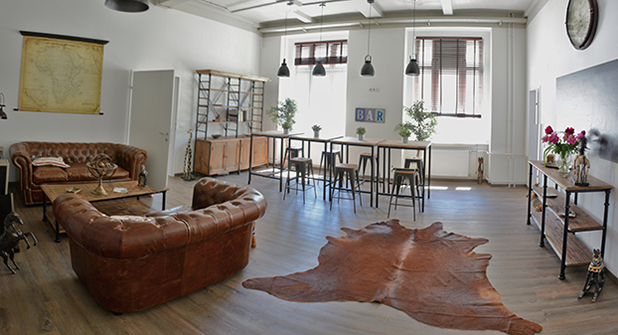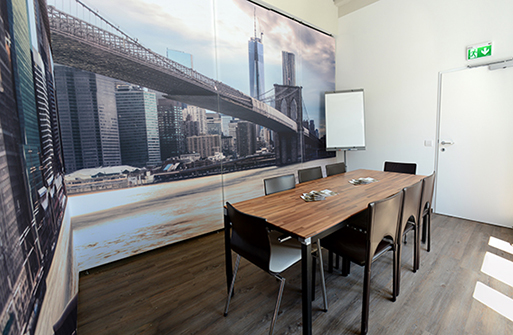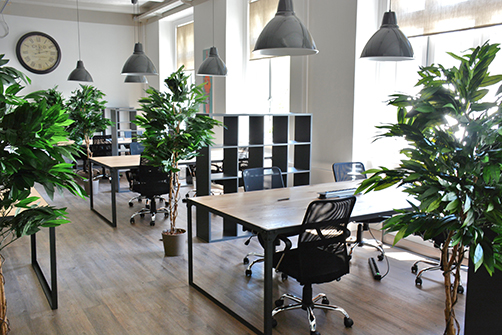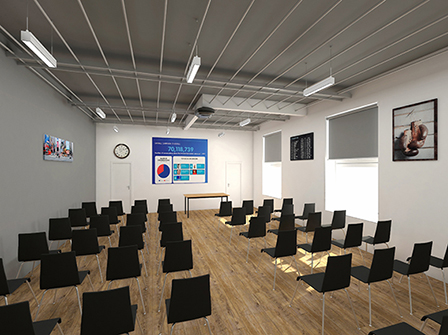When I met Isabelle, she was living in Vienna; she immediately struck me as a person on a mission. "Who are you, and what is your project?" she bluntly asked. We quickly fell into conversation. I told her about our project. It turned out it resonated with some ideas she has. Isabelles project is called Talent Flow Coworking. She has been kind enough to tell us more about herself and the place she's creating. Ladies and gentlemen, here is a woman with grit.
Tell us a little bit about yourself.
I studied at a business school in France and an additional year at HEC in a special program for start-ups in 1997. I set up my first company when I was 28 (1996). It was an industrial design and graphic consultancy firm acting in Hong Kong and China providing services to consumer goods manufacturers. With no bank support, I developed the company so that at some point it employed 20 people. I closed the company in 2006 due to the $US/Euro exchange rate, Chinese manufacturers' low profit, and the new local Chinese design competition.
I then went to Austria, learned German, and 18 months later, I set up a real estate agency. Very soon, I had specialized in Luxury Real Estate. However, I found that running the business was difficult in terms of creativity, networking and self-development. So I wasn't feeling very happy about it. In 2012, I got a very bad business setback: I wasn't paid a commission of 200K€, went to court for two years, spent 25K€, lost the case and went bankrupt ... That's life – and hey, what doesn't kill you will make you stronger.
Tell us about the coworking space you are creating – when/how did it all begin?
I started thinking about it because one of the designers with whom I've worked with for 18 years started a 400 m² with 80 desks coworking space in Paris. He opened a tiny space in 2004 with some friends; then he got the opportunity to buy 200 m² and later on another 200 m². He doesn't organize any events or training for the people that are there; the place is working by itself. The atmosphere there is amazing. You can just feel the community spirit and synergies arising from the place. This inspired me to go on a field trip to New York in May 2014. I visited a bunch of places just to understand the activity. I dived into the market and gradually developed a new business idea.
Why are you creating a coworking space?
First of all, I'm not doing this (entirely) for fun. I want to make a business, i.e., to earn money. I also want a place that'll make it possible for me to keep running my current business, which I started a year ago. I'm exporting cosmetic products from France to China. I also help people find manufacturers in China and just solved two cases in 2014 as a consultant.
I expect the place to facilitate synergies between people, to spark new ideas and businesses. I'll also give me an opportunity to pursue my passion for helping people developing their business. I have a lot of experience in local and overseas business, I know how to start from zero and lay out the steps for growth – and I know how to close a company.
What will be your day-to-day role once you're up and running?
To begin with, I'll be the face of the place, welcoming the new members of the space. From there, what'll happen will depend on the users' request. Mostly, I'll do my best to support them in growing their business by providing experience and network centered around useful training and events. That said, if I'm lucky, I'll be able to create a sense of "our space" and community. If I do it right, people will feel encouraged to contribute to the content, which will benefit first of all their business but also the space.
Why is your space awesome?
Well, I know how it is to be a foreigner wanting to start a business in Vienna. That's why the place will serve as a relay between all chamber of commerce organizations in Vienna and the immigrants who want to set up and run a business here. I'll be able to provide the right information in English (not in German). That's pretty awesome. Furthermore, the place will be great for local Viennese people and businesses that want to interact with creative and entrepreneurial people coming from other places.
How will the space be different from other coworking spaces?
There'll be a lot of diversity. People will spend 10 to 12 hours a day in the space, and so will I. It has to be perfect. That's why I care about design and work to provide quality furniture and a great environment consisting of a mix of work zones, zones for relaxing and playing, a bar and a lounge. I'll use my female intuition to implement a sense of belonging.
What is your biggest challenge?
I've invested my own money. It's a total €300K. That is almost everything I have, and I'm 47 years old, so I cannot make mistakes.
Where do you see your space in 5 - 10 years?
I want to open more spaces with my landlord (the Austrian Post) in Vienna and the countryside. I believe that a mix of presence in the city and the possibility to retreat to more quiet rural places close to nature is and will be of increasing value to businesses. The creative workforce is changing rapidly toward micro-businesses and independent workers. My vision is for my place(s) to provide some of the infrastructure supporting a well-organized cluster of extremely agile people and companies that'll be able to find a solution to pretty much any need out there. I think being able to do that is the DNA and, hence, the real value of the coworking movement.
